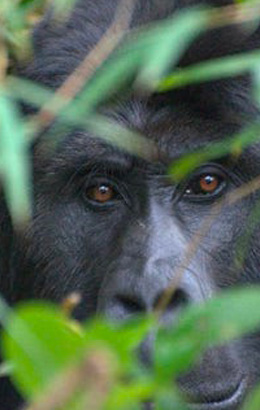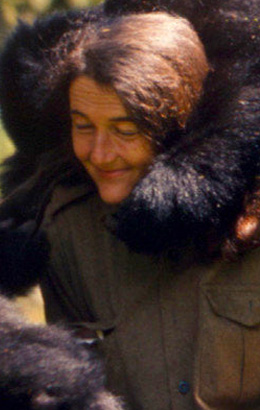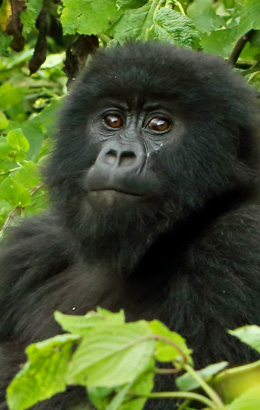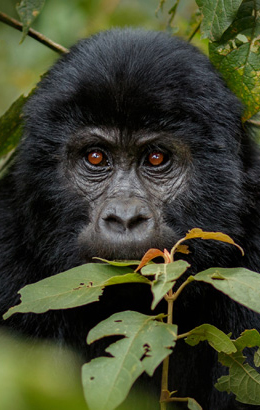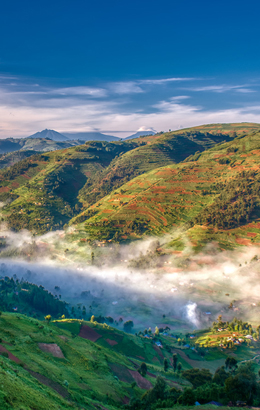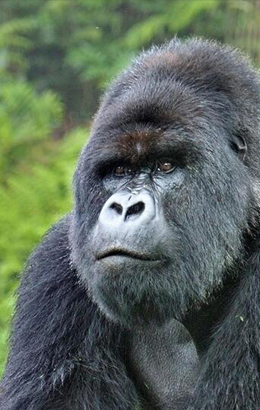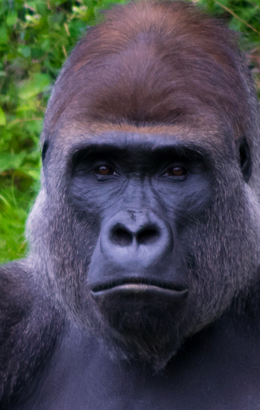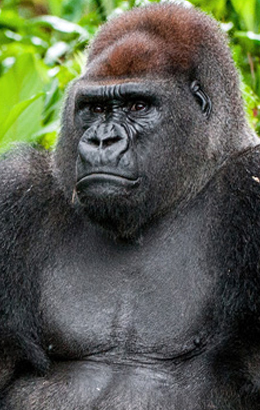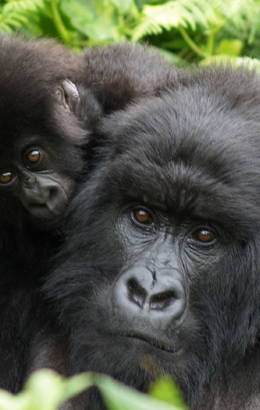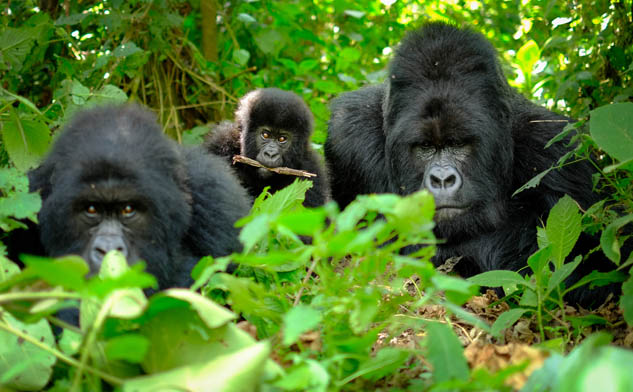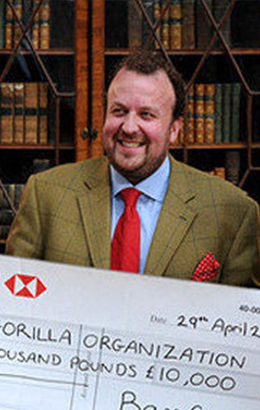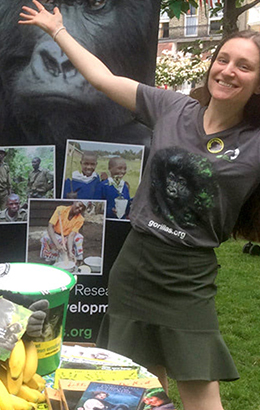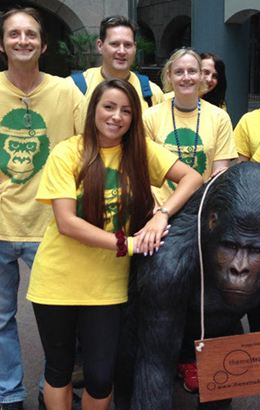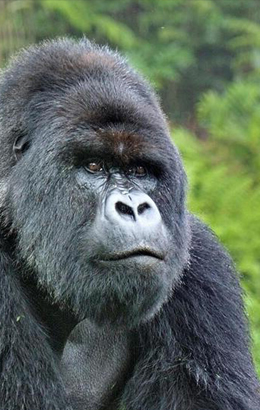Crisis in Congo – how you can help keep gorillas safe
Hi, this is Jillian,
As I’m sure you can imagine, working in gorilla conservation often means juggling feelings of optimism and worry. And this has never been truer than right now. As you have probably heard, we recently got news that the latest census carried out in the Virunga Massif revealed that there are now more than 1,000 mountain gorillas alive today. Considering numbers fell to as low as 250 in the early 1980s, this is a remarkable turnaround. In fact, it’s arguably the greatest conservation success story of our time.
But as I’m sure you’re also well aware – especially if you are reading this after receiving our Digit News newsletter – rising instability in DR Congo threatens to undo all this good work. Over the past 12 months in particular, the country has fallen into chaos. In the east, the part of the country where the gorillas live, disorder has been spreading out of the main cities and into the countryside. The rebel militia have no respect for the boundaries of the Virunga National Park. In fact, more than a dozen separate militia groups are using the dense forests as a hiding place and looting the natural resources with impunity.
Our projects in DR Congo are ongoing. We’ve carried on through war, and through genocide, before. Our staff in the country are as determined as ever. But it is getting tougher. Flights between the city of Goma and Walikale, where we have our expanding and innovative Walikale Gorilla and Forest Conservation Project, are routinely cancelled. At the same time, rangers protecting the Virunga National Park are being attacked – and killed – at a rate I have never before seen in my 30 years in gorilla conservation.
There are no easy fixes to the crisis in DR Congo. But that doesn’t mean we need to feel completely helpless. So, what can you do to help? Many of you already give generously to help keep our projects running. This is more important than ever. It’s been confirmed that the Virunga National Park will remain closed to tourists until the start of 2019 at the earliest. This is a huge blow for the people living in the local communities. As the example of neighbouring Rwanda has shown, tourism can help lift people out of poverty. Now that the communities will not be benefitting from a share of all the ‘gorilla visas’ sold to tourists, we need to ensure that they feel they have no option but to go back into the forest to lay traps or chop down trees for free firewood. Our community development projects do just this.
I also urge you to be mindful of any timber or wood you buy. Make extra sure that it is ethically sourced and from sustainable forests. Illegal logging is a huge problem in DR Congo. In most cases, it is run by militia, with money raised through selling timber used to fund their violence and other illegal activities. The illegal logging operations will also fight with park rangers and hunt for food in the forests, sometimes trapping and killing gorillas. At times it seems like it’s a fight we can’t win – but we must never give up!
